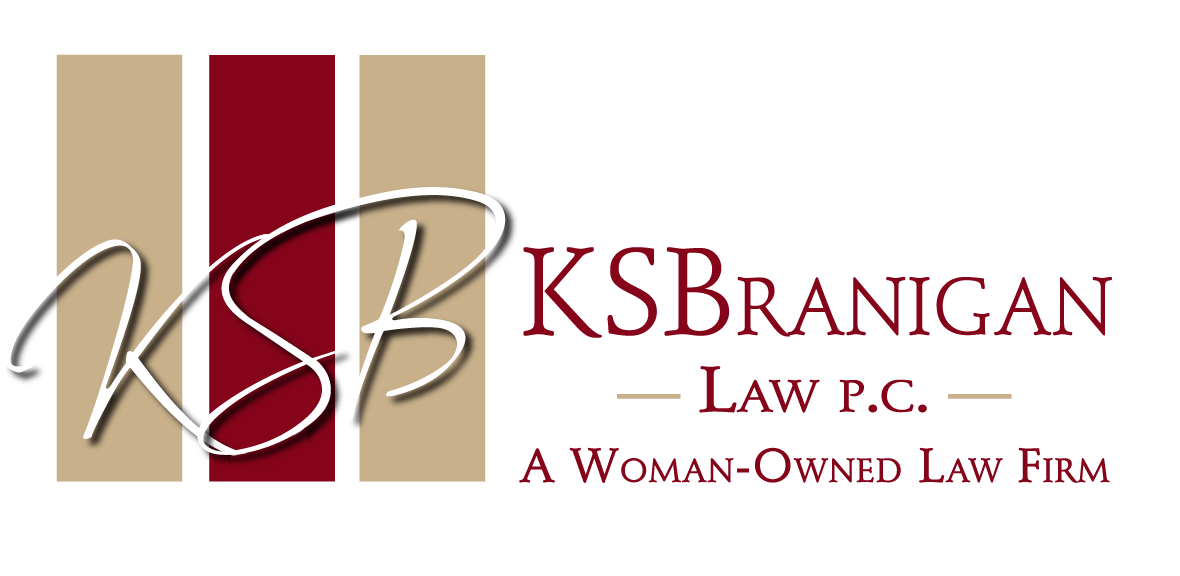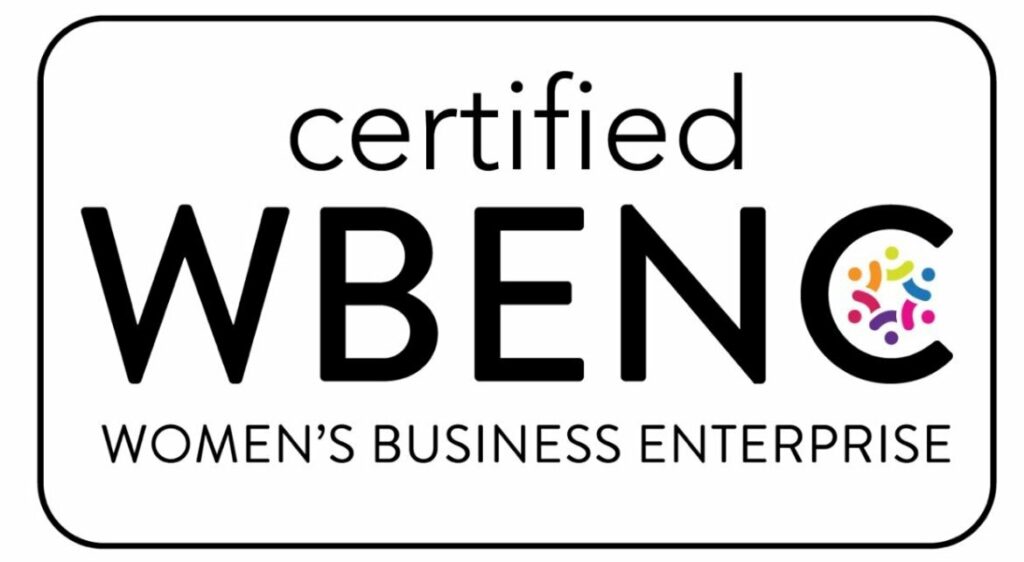In the wake of Students for Fair Admissions, Inc. v. President and Fellows of Harvard College, 600 U.S. 181, 143 S.Ct. 2141, 216 L.Ed.2d 857 (June 29, 2023), recent federal cases shed some light with respect to issues of diversity, equity, and inclusion (DEI) in the workplace, including administering and executing DEI programs. While there continue to be challenges to certain DEI training and programs, these cases provide employers with some helpful guidance in implementing DEI programs and conducting bias prevention training.
- EEOC Response to Harvard Decision
While the Harvard matter was limited to affirmative action in undergraduate admission, there has been a ripple effect on employment matters with lawsuits being filed. EEOC Chair Charlotte A. Burrows did issue a statement reiterating that the Harvard decision was related to universities and did not address DEI in the realm of employment and that it remains lawful for employers to implement DEI efforts in the workplace to ensure equal employment opportunities for workers of all backgrounds. However, EEOC Commissioner Andrea R. Lucas raised that, in the wake of the Harvard decision an “expansive reading of Title VII could implicate a host of increasingly popular race-conscious corporate initiatives: from providing race-restricted access to mentoring, sponsorship, or training programs; to selecting interviewees partially due to diverse candidate slate policies; to tying executive or employee compensation to the company achieving certain demographic targets; to offering race-restricted diversity internship programs or accelerated interview processes, sometimes paired with euphemistic diversity ‘scholarships’ that effectively provide more compensation for ‘diverse’ summer interns.”
- Proposed State Legislation
There have been a number of laws proposed and passed on the state level seeking to limit diversity training, particularly geared towards public employers or public institutions. Currently, 10 states have instituted restrictions on DEI (i.e., Alabama, Idaho, Indiana, North Carolina, North Dakota, Tennessee, Texas, Utah, and Wyoming) and at least 19 other states have proposed DEI restrictions that were vetoed or failed to pass to legislation. There has already been impact due to this legislation, with some universities like the University of Florida and the University of Texas disbanding programming and offices relating to DEI efforts.
However, some other states, such as New Jersey, New York, California, and others have much broader protections in discrimination law than federal law and other states.
- First Amendment Arguments to Florida’s Stop-WOKE Law
Florida is one state that enacted a law pertaining to private employers but at the moment, the law has been met with stern resistance from the courts. In Honeyfund.com Inc. v. Governor DeSantis, 94 F.4th 1272 (11th Cir. March 4, 2024), it was challenged that certain provisions of Florida’s Individual Freedom Act (otherwise known as the Stop-WOKE” law (“Stop Wrongs to Our Kids and Employees”)) prohibiting mandatory workplace trainings endorsing certain viewpoints violated the First Amendment. Florida maintained that the First Amendment did not apply because the Act sought to regulate conduct rather than speech The District Court granted the plaintiff Honeyfund’s motion for a preliminary injunction and the 11th Circuit affirmed stating that the law directly violated the First Amendment by directing what employers can and cannot require based on the content of the training. The 11th Circuit noted that “[b]y limiting its restrictions to a list of ideas designated as offensive, the Act targets speech based on its content and by barring only speech that endorses any of those ideas, it penalizes certain viewpoints – the greatest First Amendment sin.”
- Religious and Racial Stereotyping Arguments
Some recent federal cases in which diversity training has been challenged shed some light on permissible parameters of such training and how to approach potential objections.
For example, in Young v. Colorado Department of Corrections, 94 F.4th 1242 (10th Cir. March 11, 2024) the plaintiff, a former state department of corrections employee filed a § 1983 action alleging that department’s mandatory equity, diversity, and inclusion training subjected him to a hostile work environment, in violation of Title VII and Equal Protection Clause. In particular, he alleged the training demeaned him because of his race and promoted divisive racial and political theories that would arm his interaction with other corrections’ personnel and inmates. The district court dismissed both claims without prejudice.
In Young, on appeal, the 10th Circuit affirmed noting that “[a]lthough Mr. Young’s complaint highlights various materials from the Department’s Equity, Diversity, and Inclusion training that he found strongly objectionable, our case law requires more. The training materials and any resulting department policies must be so severe or pervasive as to both objectively and subjectively alter the terms of employment for its employees and create an abusive working environment.” While the 10th Circuit did note that “race-based training programs can create hostile workplaces when official policy is combined with ongoing stereotyping and explicit or implicit expectations of discriminatory treatment.” The plaintiff here did not allege that the training occurred more than once, nor does he allege any race-based harassing conduct, ridicule, or insult from either co-workers or supervisors in the workplace that occurred as a result of the training. Although he alleged the explicitly race-based implications of the training could eventually compromise employment opportunities, workplace cohesion, and prison security, the 10th Circuit found those allegations too speculative. Thus, the 10th Circuit noted that the plaintiff had not plausibly alleged severe or pervasive harassment that altered the terms or conditions of his employment to create an abusive work environment.
In Norgen v. Department of Human Services, No. 23-01208, (8th Cir. March 21, 2024) the plaintiffs brought Title VII discrimination and retaliation claims against the Minnesota Department of Human Services (“DHS”), their employer, and 42 U.S.C. § 1983 First Amendment retaliation and compelled speech claims against DHS Commissioner Jodi Harpstead. The plaintiffs sued based on the denial of their religious exemption requests to workplace trainings on racism and gender identity. The plaintiff objected to the anti-racism training after equating it to critical race theory, which argues that legal institutions are inherently racist and views race as a social construct. The plaintiffs also objected to the hospital’s gender identity training, which included use of workers’ preferred pronouns maintaining that the training was contrary to their religious belief that “God created only two sexes and two genders. The district court dismissed the plaintiffs’ complaints for failure to state a claim. While the 8th Circuit reversed the dismissal of the Title VII and retaliation claims as to his promotion due to his protected activities, the court affirmed the dismissal of the other claims.
However, the court took a different approach in an unpublished motion to dismiss opinion in DePiero v. Penn State University, Civil Action No. 23-2281 (E.D. Pa. January 11, 2024), the plaintiff a former non-tenured state university professor, a white man, brought action against university and university employees alleging a hostile work environment in violation of federal and state law. Specifically, DePiero alleged that his “department’s discussions of “antiracism,” “white supremacy,” “white privilege,” and other concepts relating to discussions of race on campus, all of which “repeatedly singl[ed] out and demean[ed] faculty members on the basis of race,” subjected him to a hostile work environment. DePiero alleged that he was obligated to attend conferences or trainings that discussed racial issues in essentialist and deterministic terms—ascribing negative traits to white people or white teachers without exception and as flowing inevitably from their race—in June 2020, October 2020, November 2020, January 2021, and October 2021.
In DePiero, the court held that “taken together, these allegations plausibly amount to ‘pervasive’ harassment that, at least on a motion to dismiss, passes muster.” The court noted that while “Training on concepts such as ‘white privilege,’ ‘white fragility,’ implicit bias, or critical race theory can contribute positively to nuanced, important conversations about how to form a healthy and inclusive working environment. Indeed, this is particularly so in an educational institution. And placing an added emphasis on these issues in the aftermath of very real instances of racialized violence like the murder of George Floyd does not violate Title VII, Section 1981, or the PHRA. But the way these conversations are carried out in the workplace matters: When employers talk about race—any race, with a constant drumbeat of essentialist, deterministic, and negative language, they risk liability under federal law.”
In Diemart v. City of Seattle, 2023 WL 5530009 (W.D. Washington August 28, 2023) a former city employee, who was a white male, brought action against the city for discrimination, harassment and retaliation under the equal protection clause, Title VII, and Washington Law Against Discrimination (WLAD). Among other things, Diemart alleged that the city violated the equal protection clause by requiring him to attend trainings specifically segregated by race. Diemart alleged that such trainings included playing “privilege” bingo. Further, Diemart alleged that he was required to attend a training where the facilitators allegedly stated, “white people are like the devil,” “racism is in white people’s DNA,” and “white people are cannibals.” Diemart alleged that he was invited to, but did not attend, a “training on Internalized Racial Superiority ‘specifically targeted for white employees’” and city promoted “race-specific ‘affinity groups’ or ‘caucuses’” where “people of color and white people … me meet separately in order to do …different work.”
Diemart alleged that when he tried to “sign up for a training reserved only for people of color,” he faced harassment and was advised that he should not sign up. Relying on Harvard, the court denied the city’s motion to dismiss and held that because the city encouraged “employees to attend different trainings based on their race the city must establish that these affinity group distinctions are narrowly tailored to achieve the asserted compelling state interest.” The court found that “further factual development is necessary regarding the City’s affinity group policy and whether it caused Diemart a constitutional injury.”
Supreme Court Decision on Muldrow v. City of St. Louis
On April 17, 2024, the Supreme Court issued a highly-anticipated decision in Muldrow v. City of St. Louis Police Department (“Department”), 601 U.S._ (2024). While the Court lowered the bar for establishing a Title VII violation and this could have a broader impact for plaintiffs seeking to challenge employer DEI programs as discriminatory, there will undoubtedly be challenges, and it will likely not open the floodgates for plaintiffs challenging DEI programs and training as plaintiffs would still need to show that that they were caused “some harm” with respect to their terms and condition of employment by an employer’s requirement to participate in DEI training. For more information click here.
Conclusion
Although this is an area where the state of the law is in flux, these recent decisions can serve to provide some helpful guidance to continue with the important work of diversity, equity, and inclusion, and anti-bias training to prevent harassment, discrimination, and retaliation in the workplace. It is also important to understand the impact of broader state law protections as well.
For more on this, join us on May 30 for the KSB Lunch and Learn series for continued discussion on these issues.
If you are in need of consulting or an audit as to your diversity, equity, and inclusion program or training to foster safe, respectful, and bias-free environments, please contact us.
This summary is for informational purposes only and is not intended to constitute legal advice. This information should not be reused without permission.


